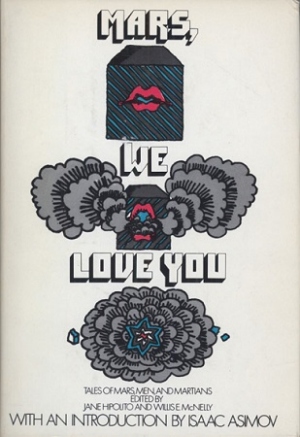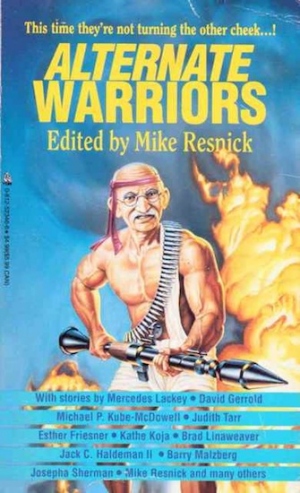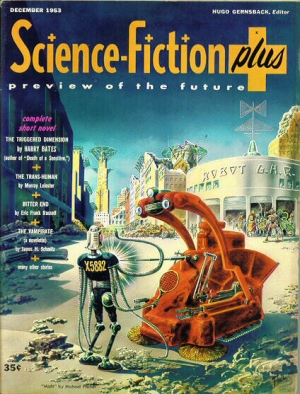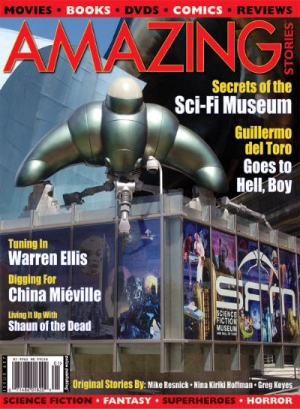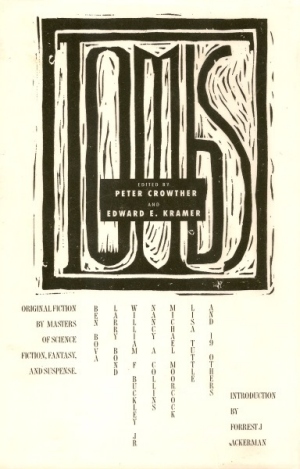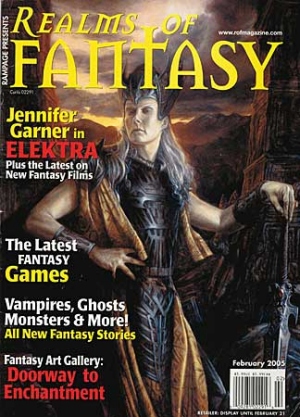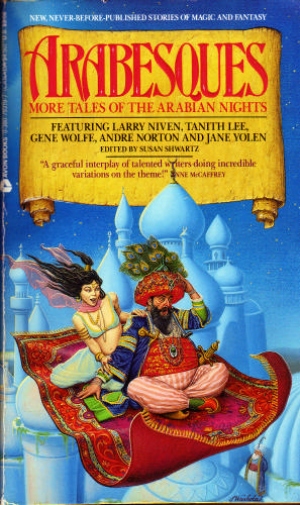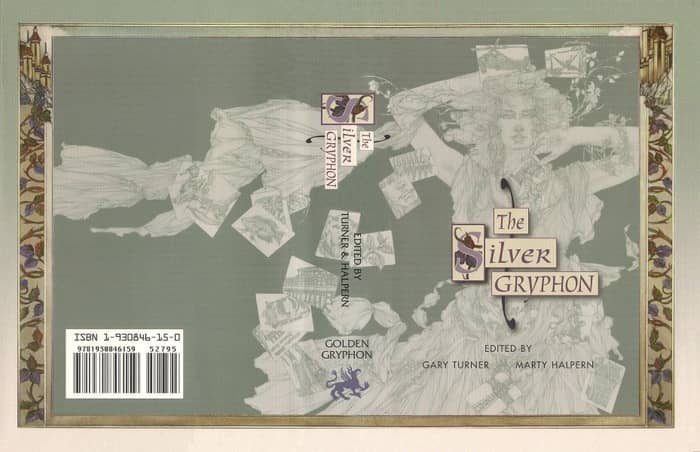Birthday Reviews: Katherine Kurtz’s “Venture in Vain”
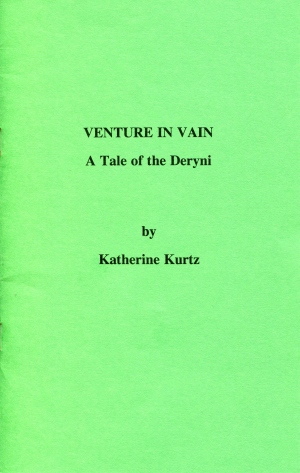
Katherine Kurtz was born on October 18, 1944.
Kurtz won the coveted Balrog Award for her novel Camber the Heretic in 1982. Volumes in her Deryni series have been nominated for the British Fantasy Award, the Gandalf Award, and the Mythopoeic Award. Kurtz was one of the Guests of Honor at the 1996 World Fantasy Convention held in Schaumburg, Illinois. She has collaborated with Deborah Turner Harris on the Adept and Templar Knights series, with Robert Reginald on Codex Derynianus, with Scott MacMillan on the Knights of the Blood series and some short fiction. She has edited or co-edited anthologies of short stories set in her Deryni and Templar Knights worlds.
“Venture in Vain” was published as a chapbook, issued to commemorate Kurtz’s 2001 visit to the John M. Pfau Library at California State University at San Bernardino. Only 300 copies were printed and the story has never been reprinted. Each copy was autographed.
The Deryni cycle is a historically based fantasy series modeled after the Welsh kingdom which focuses on dynastic conflict combined with the inclusion of the race of Deryni, who have magical and psychic abilities that cause them to be feared by the humans they live among. “Venture in Vain” is set thirty-one years prior to the events of Kurtz’s original trilogy, although she has also written several volumes and short stories that are set before the story. It focuses on a group of Mearan nobility, including two princesses, who are fleeing before a Gwynedd invasion. The story opens with a brief description of the dynastic intrigues which explain why the Mearans are fighting for the man they view as their rightful prince, Judhael III, and why Gwynedd King Donal Blaine Haldane views himself as the rightful ruler of Meara.
Kurtz’s attention to detail, the creation of a multifaceted society, and her characters are what bring the Deryni novels to life and give them the feel that Kurtz is reporting on actual historical events. Within the confines of “Venture in Vain,” Kurtz doesn’t have a lot of time to provide focus to each element of her stories, so the story works best for those with prior familiarity to the world of the Deryni. She is able to explain the dynastic situation, create characters, who while not fully fleshed out do show complexity. When the Deryni Morian ap Lewys catches the fugitives, he notes that none of them are villains and they are doing what they must because that is how their roles play out for them. While Kurtz doesn’t show the complex magic that plays a role in so many of the stories, she does demonstrate the subtlety of Deryni powers when Morian questions Sir Frances and Sir Robard.
